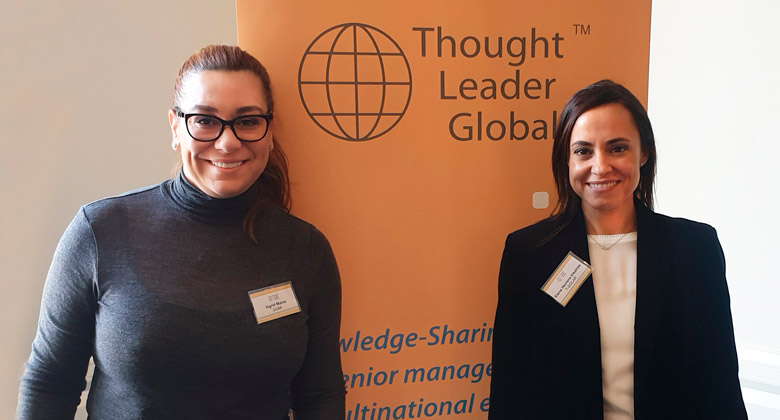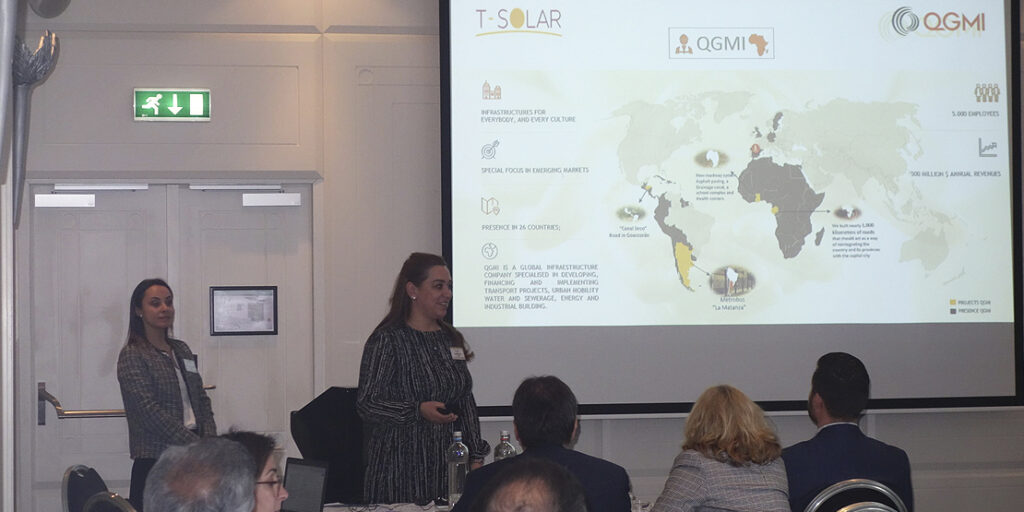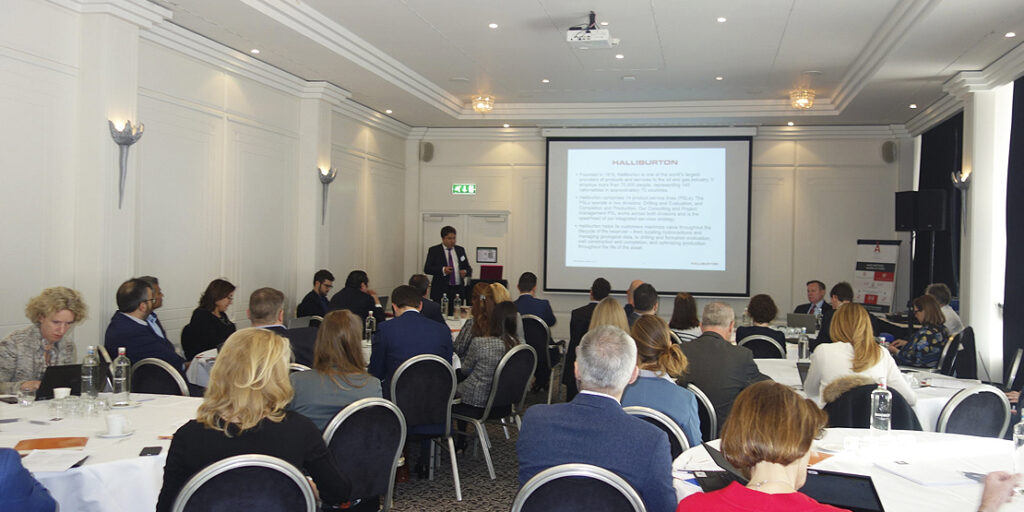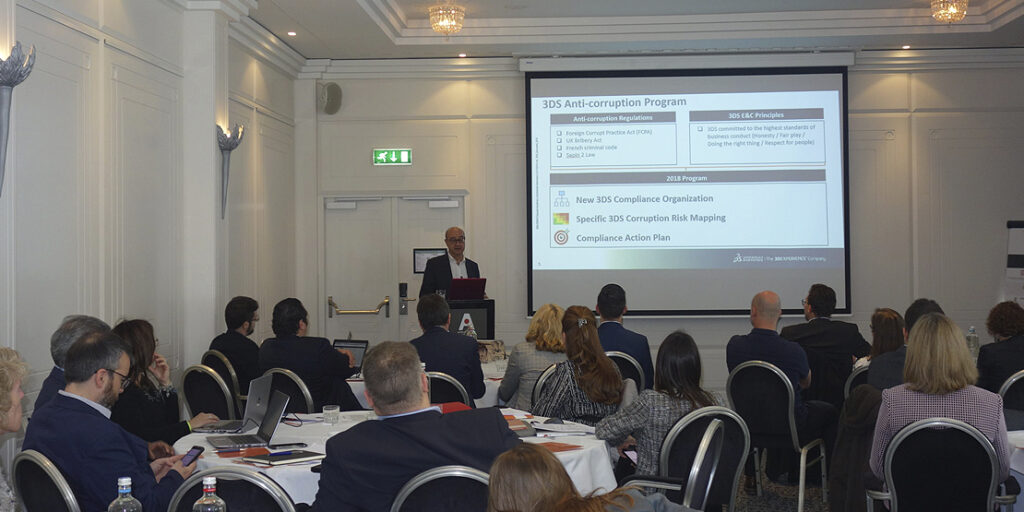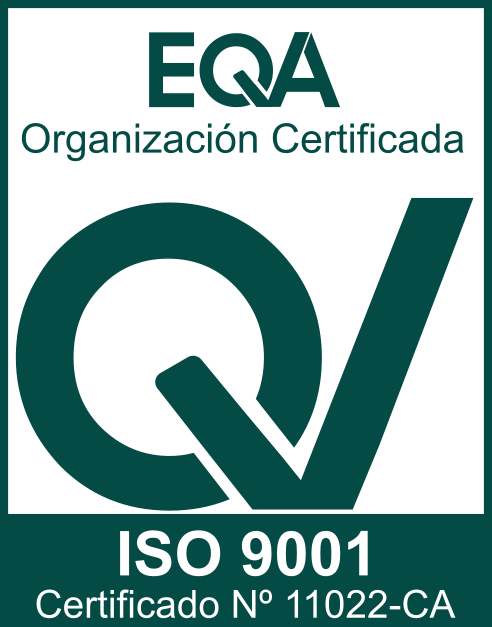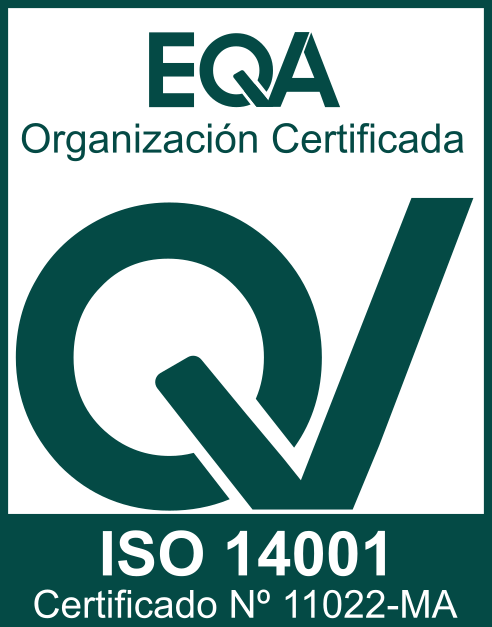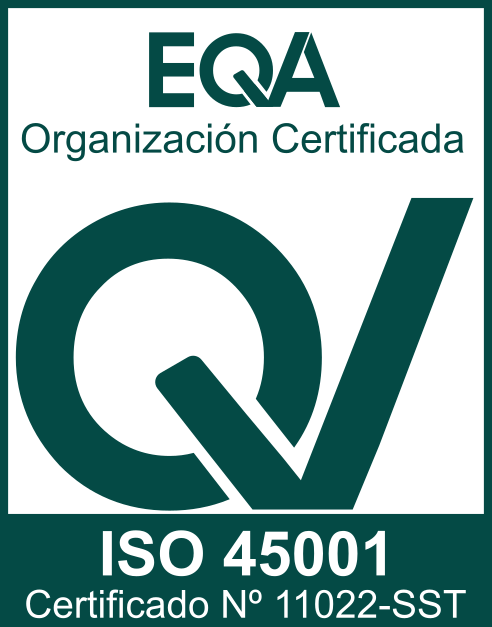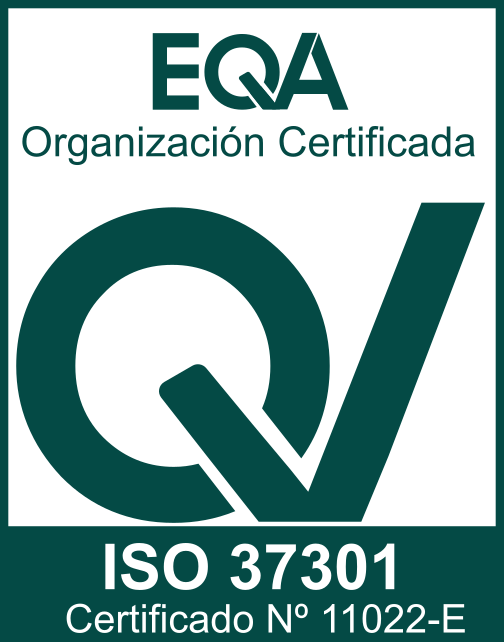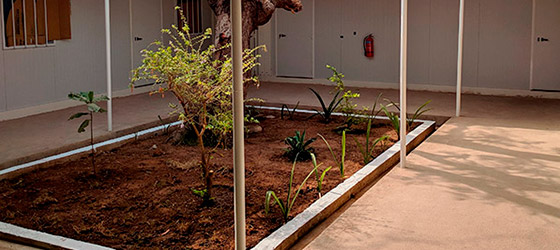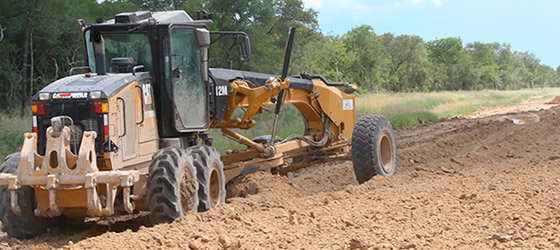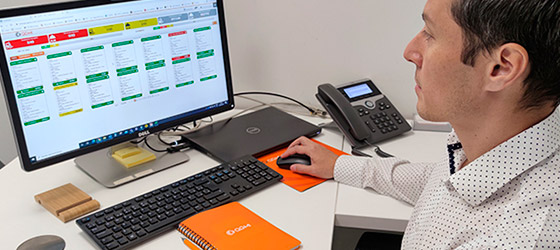QGMI representatives took part in the 19th Fraud & Corruption Forum, celebrated in Amsterdam (Netherlands) the past April 11th and 12th . It was organized by Thought Leader Global.
During the Forum, Compliance experts from all over Europe debated anti-fraud and anti-corruption policies.
Ingrid Matos, QGMI’s Chief Compliance Officer, was with Elena Herrero-Visairas the General Counsel of T-Solar Global Group part of the Congress speakers. Both together, talk about “Third Party Due Diligence in High Risk Countries”.
In the presentation, they made an approach to the Due Diligence processes importance in their companies and highlighted the necessary care to strengthen the company control systems in developing countries. They also referred to how “fundamental is to know in depth the business and the markets in which we act, in order to carry out a good third-party risk assessment process”.
To conclude the speakers explain that “in spite of difficulties such as technology, budget, local culture or Compliance Programme maturity there are always innovative solutions to mitigate risks”. They also highlighted that “for this it is crucial the Senior Management involvement” because, in the words of QGMI’s Chief Compliance Officer, “knowing how to listen and how to understand the local staff of the countries where we act is essential to achieve better results”.
